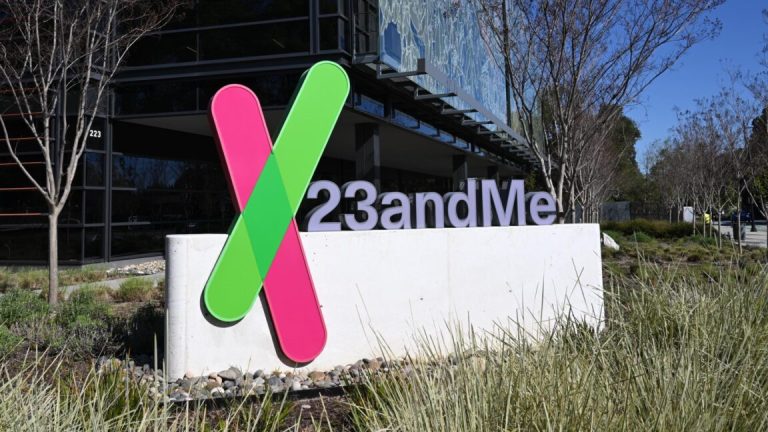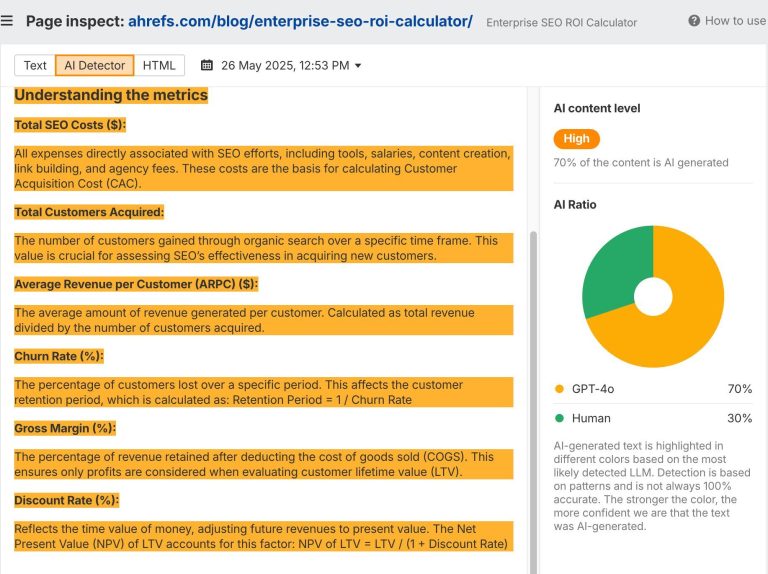
“Commenters have clearly demonstrated how fees and overage charges, unclear information about data caps, and throttling or caps in the midst of public crises such as natural disasters negatively affect consumers, especially consumers in the lowest income brackets,” the filing said.
The groups said that “many low-income households have no choice but to be limited by data caps because lower priced plan tiers, the only ones they can afford, are typically capped.” Their filing urged the FCC to take action, arguing that federal law provides “ample rulemaking authority to regulate data caps as they are an unjustified, unreasonable business practice and unreasonably discriminate against low-income individuals.”
The filing quoted a December 2023 report by nonprofit news organization Capital B about broadband access problems faced by Black Americans in rural areas. The article described Internet users such as Gloria Simmons, who had lived in Devereux, Georgia, for over 50 years.
“But as a retiree on a fixed income, it’s too expensive, she says,” the Capital B report said. “She pays $60 a month for fixed wireless Internet with AT&T. But some months, if she goes over her data usage, it’s $10 for each additional 50 gigabytes of data. If it increases, she says she’ll cancel the service, despite its convenience.”
Free Press: “inequitable burden” for low-income users
Comments filed last month by advocacy group Free Press said that some ISPs don’t impose data caps because of competition from fiber-to-the-home (FTTH) and fixed wireless services. Charter doesn’t impose caps, and Comcast has avoided caps in the Northeast US where Verizon’s un-capped FiOS fiber-to-the-home service is widely deployed, Free Press said.
“ISPs like Cox and Comcast (outside of its northeast territory) continue to show that they want their customers to use as much data as possible, so long as they pay a monthly fee for unlimited data, and/or ‘upgrade’ their service with an expensive monthly equipment rental,” Free Press wrote. “Comcast’s continued use of cap-and-fee pricing is particularly egregious because it repeatedly gloats about how robust its network is relative to others in terms of handling heavy traffic volume, and it does not impose caps in the parts of its service area where it faces more robust FTTH competition from FTTH providers.”





